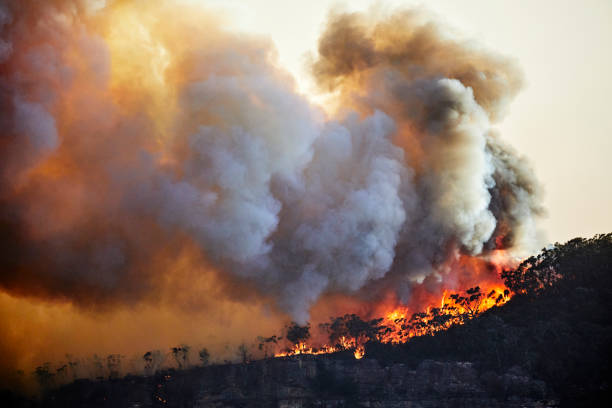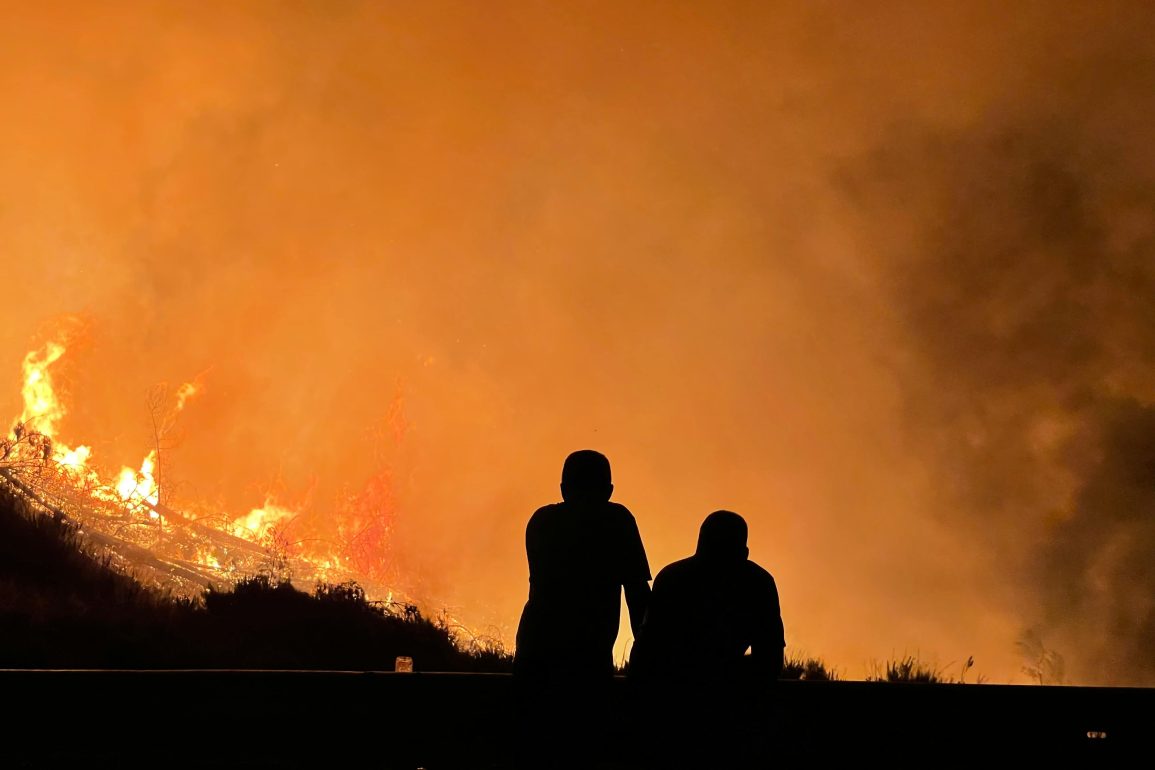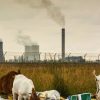A new study from U.K. and Brazilian scientists reveals that even if the Paris Agreement’s ambitious goal of limiting global warming to 1.5°C is achieved, the ability of land to absorb carbon will continue to weaken as wildfires grow fiercer and more frequent.
According to the research, current climate simulations used to determine the 1.5°C target did not include vital data on fires and vegetation.
By adding this information, the researchers found that fire has already begun impacting the Earth’s carbon absorption capacity.
The study, published in Nature Geoscience, shows that the threshold where fire starts to reduce carbon absorption occurs at just 1.07°C above pre-industrial temperatures.

This means that wildfires are already significantly hindering efforts to combat climate change, even before the 1.5°C mark is reached.
The researchers estimate that including wildfire data in climate models reduces the remaining global carbon budget by 5%, or 25 gigatons of CO2 if the target is to keep warming below 1.5°C.
The reduction increases to 64 gigatons if the target is to stay below 2°C.
While limiting warming to 1.5°C remains essential to avoid the worst impacts of climate change, the scientists emphasize that Earth’s ecosystems are already undergoing significant disruptions.
This research highlights the urgency of addressing wildfires as part of broader climate action to protect the planet’s carbon sinks.

